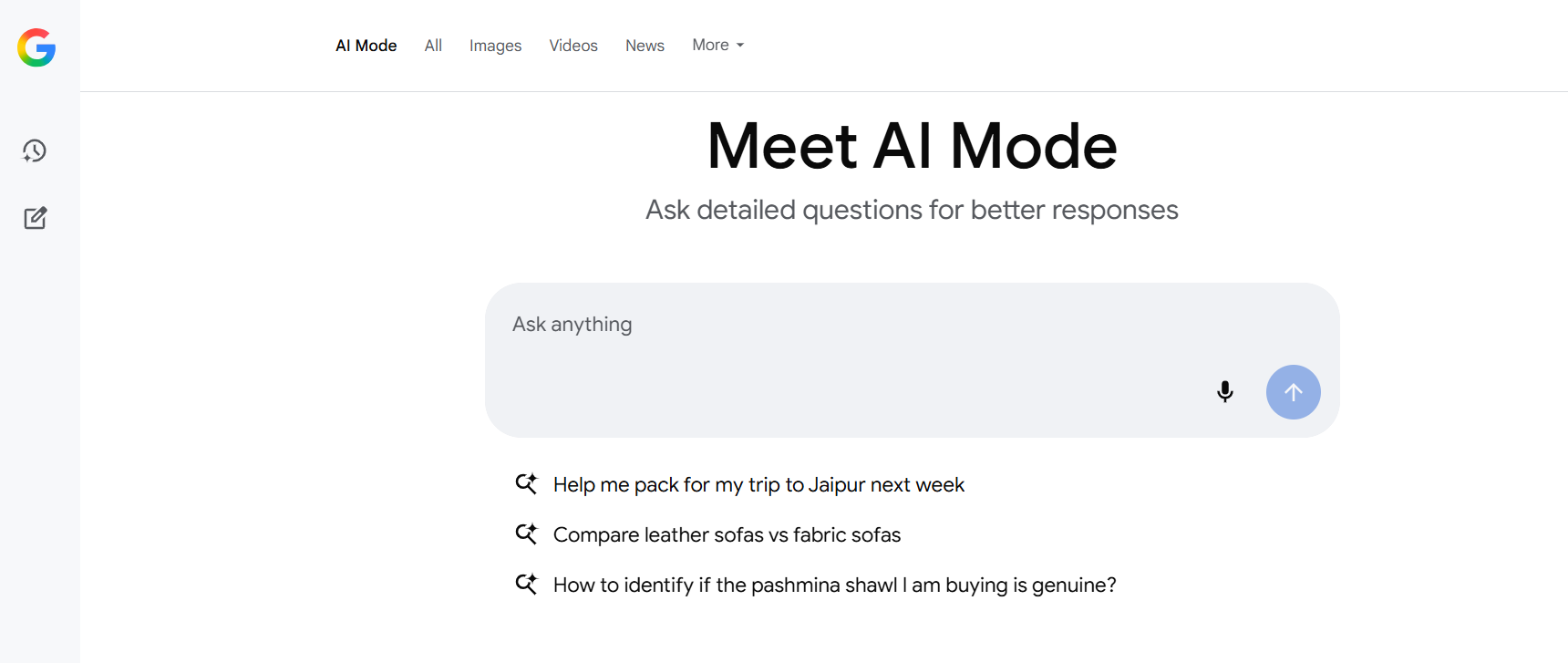The Angular.JS platform is an open-source framework for web application development that is purely based on JavaScript. The Angular.JS authority is Google and they keep strict maintenance of the framework but along with google other communities and corporations are also involved in the Angular.JS authority.
In technical positioning, the Angular.JS can be found right in the front end of the MEAN stack. The stack would consist of the database of MongoDB and the server framework of Express.JS web application. The stack would also host the Angular.JS and the Node.JS runtime environment together. The Angular.JS is ideally suitable for developing single-page applications. The frameworks which the Angular.JS brings to the table are known as MVC and MVVM which are ‘model view controller’ and ‘model view view model’ respectively.
These frameworks not only make the single-page applications development easier but also eases the testing process. Every web framework has a type of system that it follows and believes in. The Angular.JS stands by the system that in the process of creating user interfaces, declarative programs should be employed. The declarative programming should also be used in the connection of software components and for business logics in the application imperative programming should have the priority.

The working procedure of AngularJS is such that it first reads through the HTML page and focuses on the extra, customized HTML attributes added into the basic HTML. Then these attributes are interpreted by the Angular.JS as individual directives to fix the model of JS variables along with the output or input parts of the page. In Angular.JS the JavaScript variables can hold manually input values through the coding and can also be retrieved from the JSON resources available.
One of the prime features of the Angular.JS is the two way binding of data. This feature reduces the server pressure by removing the templating requirements of the server. As per the data present in the scope the templates are made in simple HTML. The special ‘Scope’ service of the Angular.JS easily detects alterations in the model part and can modify the HTML texts.
When you use Angular.JS the necessity of manipulating the DOM actively gets eliminated and this further helps in the prototyping and bootstrapping of the web applications being developed and built. The Angular.JS never notifies the listeners while the model values are being altered by comparison between the present and prior values.
Understanding Vue.JS
There are many similarities between the Vue.JS and Angular.JS as both of them are open source MVVM JavaScript frameworks for front end stack systems. The Vue.JS is often termed just as Vue and is mostly used in building user interfaces and single-page applications. The Vue.JS was initially released in February 2014.
Since then it has been maintained and upgraded by the original creator named ‘Evan You’ and several other active team members. The architecture of the Vue.JS always concentrates on the component composition and also the renderings of declarative nature. The Vue.JS hosts an architecture which is much adaptable to changes and the core library is made to focus on the view layer. When developing advanced systems of build tooling, state management and routing the Vue.JS has highly maintained support libraries for better and simpler coding.
Version 3.2 which was released in the month of August 2021 is the latest version of the Vue.JS having the name ‘Quintessential Quintuplets’. The modern Vue.JS has an enhanced reactivity system that is very simplistic and uses the concept of optimized re-rendering. The simple JavaScript objects make the Vue.JS more popular and easy to use. In Vue.JS each component keeps track of the dependent reacts at the time of rendering.
So due to this constant relation, the system always has a track of the re-rendering time and the components requiring rendering. The components of Vue.JS indirectly capture reusable code by extending the basic elements of HTML. The official Vue compiler keeps notice of the customized elements which are being called the Vue components.
These components are also termed as vue instances having prior-defined options in them. The core library of the Vue.JS has several customized tools and in-built libraries which are developed by the same Vue.JS team and official contributors. The official tools include Devtools, Vue Loader and Vue CLI. The official libraries are the Vuex, Vue Router and the Vue Server Renderer.
Deciding factors of the battle
It has never been this confusing for web application developers to choose a framework for their development projects. The multiple options which claim to be better than all the others frameworks bring lots of doubt into the modern mind of developers. Among all the framework JS platforms available to be used some are paid, some are partially paid and some are even free to use due to their open-source structure.
All the frameworks bring lots of features into the fight which might be very difficult to compare one by one. But the JavaScript-based build of these frameworks makes them a necessity for creating the high profile applications required today. Not every front-end developer would be satisfied with any framework so knowing about the developers claimed best framework for 2022 is crucial.
After considering the essential factors like data binding, compatibility, architecture, reusability, testing and sub-application building it can be said that Vue.JS and the Angular.JS are the two frameworks that do beat all the other ones fair and square. There are more than twenty-three frameworks options and the Angular and Vue rank at the top. Well, to decide this you need to know the crucial differences between them for having a much clear picture of the intense battle between Angular.JS and Node.JS.

The battle points of Angular and Vue
- The Vue.JS is a purely front end framework with can be used along with other front end frameworks in limited interaction. The CSS, HTML and even the JavaScript is always separate in the Vue.JS platform. But in the Angular.JS platform, it is possible to blend other backend programmings written in PHP and Java.
- If the projects are smaller in size and don’t have a huge enterprise scale then using the Vue.JS proves more efficient. The Angular.JS on the other hand is perfect for larger projects and using Vue.JS might seem more complicated.
- The Vue.JS concentrates on the View Model format and this allows the developer to sneak peek into the data portions getting displayed. The Angular.JS executes the Model-view-viewmodel also shortly known as MVVM.
- The Vue.JS platform requires a separate installation model like the CDN or CLI to get properly installed and used. The Angular.JS doesn’t require a separate installation procedure. The Angular.JS is so versatile that it can be just added like a JS file addition.
- When compared with the Vue.JS you won’t find a single portion in the Angular.VS that is not written in Java Script. But the Vue.JS creates very similar components and conventional models by using template syntax based on HTML.
- The Vue.JS is perfect for creating single-page applications that are much lighter and simpler in structure. The Angular.JS on the other hand is best suited for any real-time applications like the messaging and shopping applications.
- The Vue.JS platform allows the developers to learn every feature and dynamics present in the framework much quicker. There are much fewer learning obstacles in the case of Vue.JS than in Angular.JS. A lot of time is required to learn Angular.JS and the learning progress is slower in comparison. Not only the learning but the building and development process is much slower in the Angular.JS but that is due to the framework differences.
The Vue.JS offers much more flexibility in the structural development of web applications. The Angular.JS doesn’t bend its rules and the desirable format needs to be maintained by the web developers at all times.
If compared based on the present popularity of the two platforms then it can be observed that Angular.JS is much more popular than the Vue.JS. The Vue.JS is rather new to the web and application developers. But Vue.JS is rapidly gaining popularity and already has become the favourite choice or framework for many developers.
The Angular.JS does lack behind in terms of compatibility. Any development project made in Angular.JS cannot be even changed to backend Angular platforms. If compared in terms of speed then the Angular.JS does lack behind Vue.Js but that doesn’t mean Angular.JS is practically slow. The Angular.JS maintains an acceptable pace for all kinds of front-end development and won’t seem slow for any large scale projects.
Endnote for developers
For a reputed profession like Angular JS Developer it is always right to go through the technicalities before making a constructive decision. All the essential features and the comparison between Angular.JS and Vue.JS is given here in such a simplistic way that understanding them won’t be difficult for newbie developers as well.
The Angular.JS does have its own advantages in many ways but some development experts are predicting the Vue.JS to slowly become as big as Angular.JS and might exceed it too. Based on your work requirements and resources it won’t be much difficult to make a decision with the essential knowledge of Angular.JS and Vue.JS.

 Web and Full Stack
Web and Full Stack CMS and Frameworks
CMS and Frameworks Online Marketing
Online Marketing Cloud Services
Cloud Services ECommerce
ECommerce Mobile
Mobile



